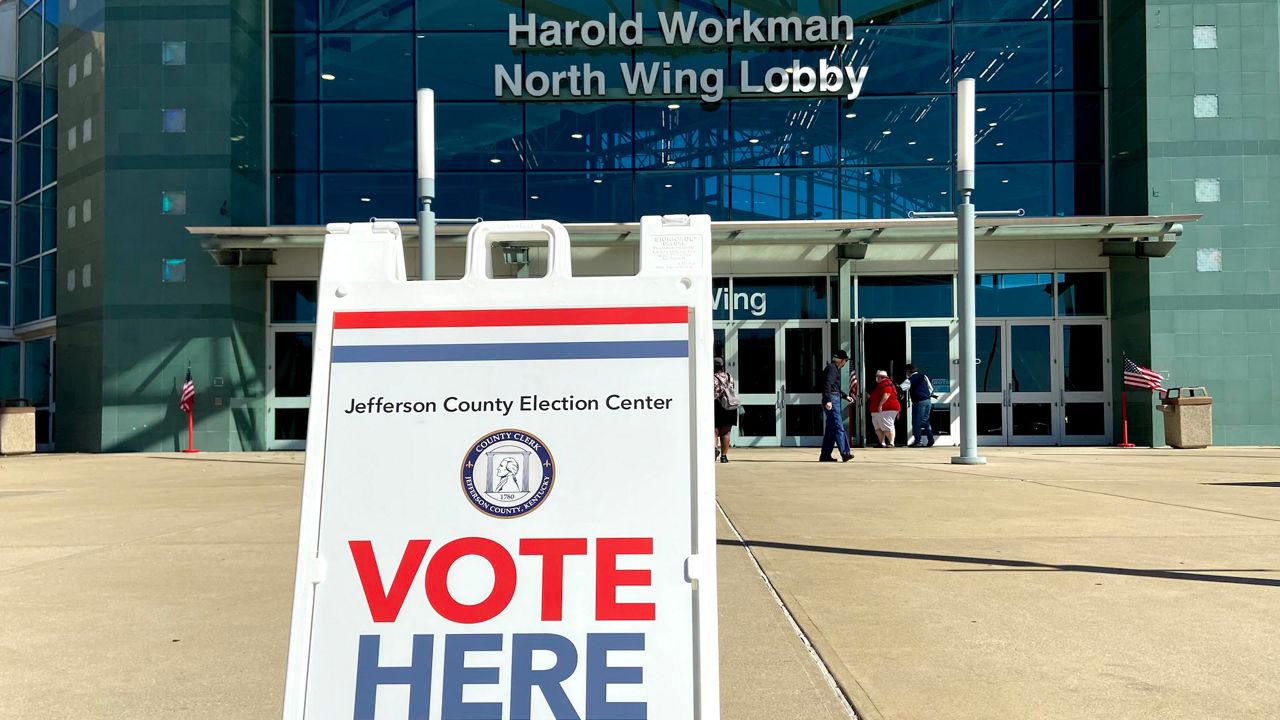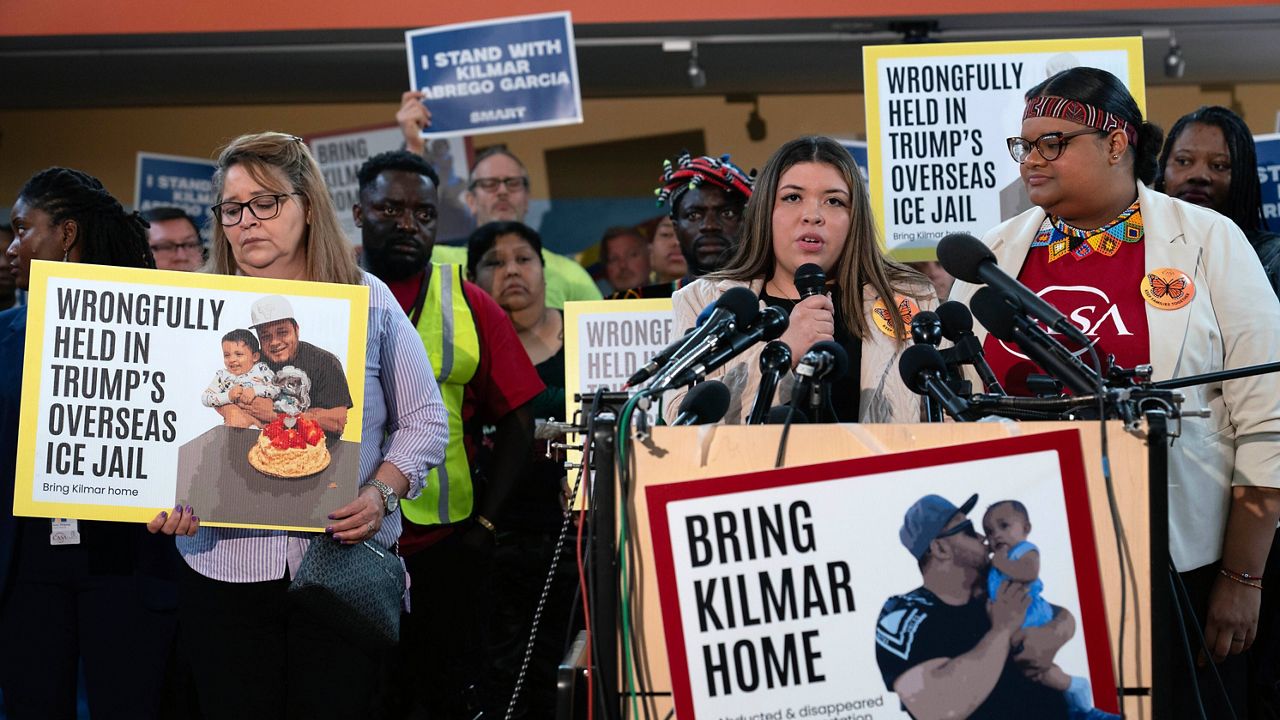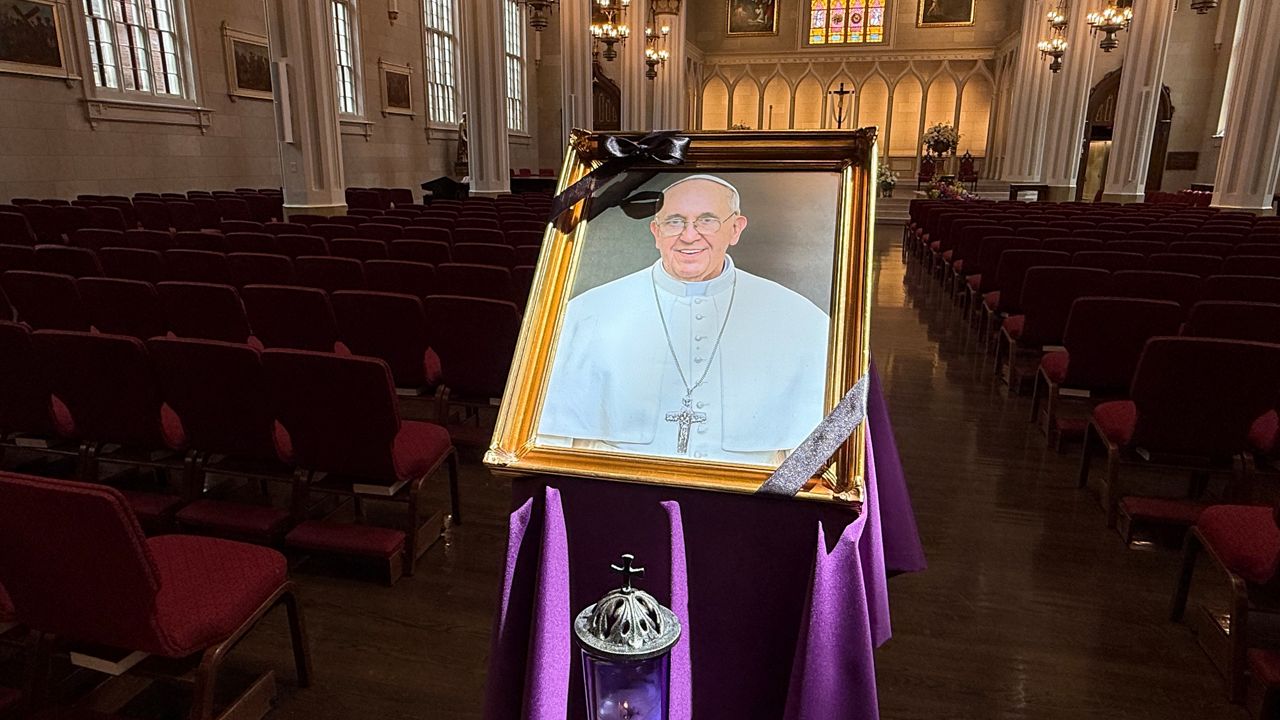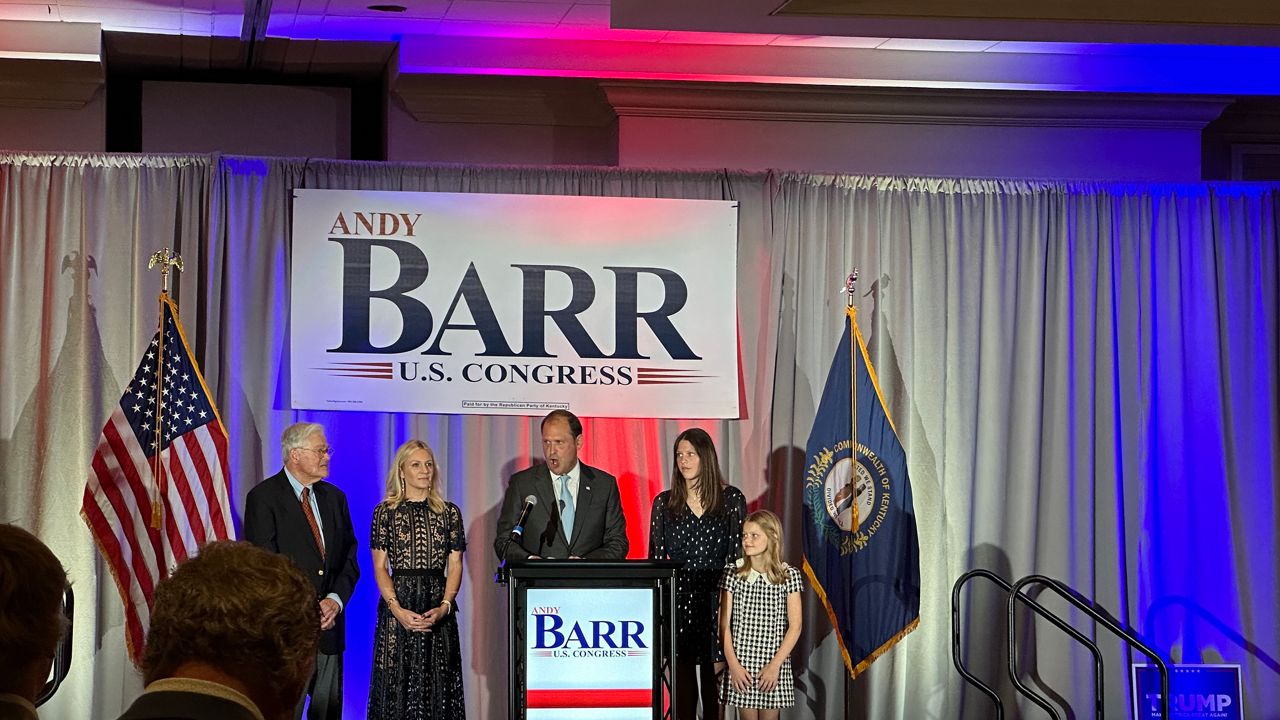LOUISVILLE, Ky. — Last November’s election was unlike any Kentucky has ever seen. Due to the pandemic, all voters were allowed to vote by mail and those who preferred to cast a ballot in person had three weeks to do so.
Five months later, Kentucky is poised to permanently adopt scaled-down versions of the changes implemented last year. Lawmakers next week are expected to give final passage to House Bill 574, an election reform bill that passed the House 93-4 and the Senate 33-3, both with bipartisan votes.
The main provisions of the bill allow for three days of early voting, permit counties to combine precincts into “voting centers,” and maintain the online portal to request an absentee ballot that was put in place last year.
If Gov. Andy Beshear signs the bill -- a likely outcome given his support for more expansive measures in last year’s elections -- it would mark the first major reform of Kentucky’s elections in years. But some advocates for more expansive elections in Kentucky said the bill fails to sufficiently expand the franchise.
“We support passage of this bill, but do wish it had gone farther,” said Cindy Heine of The League of Women Voters of Kentucky, which advocates for more expansive voting laws. “The League saw no reason to change the way we voted in 2020 because it worked so well.”
Last November, more than two million Kentuckians voted, a new record in the commonwealth. Heine credited that total to the changes in voting procedures put in place by Beshear and Secretary of State Michael Adams, including three weeks of early in-person voting. Kentucky is one of only six states with no in-person early voting options.
HB 574 would reduce the three weeks to three days -- the Thursday, Friday, and Saturday before the election. “Three days of early voting is exciting only when the existing law is zero days,” said Josh Douglas, a University of Kentucky law professor and author of "Vote for US: How to Take Back our Elections and Change the Future of Voting."
Three days of early voting would still be among the most limited policies in the country. In the 44 states that allow early voting, the shortest period currently in place is four days and the average early voting period is 19 days, according to the National Conference of State Legislatures.
Voting centers, first put in use last year, allow county clerks to combine precincts and permit voters to cast their ballot at large, centralized locations, such as the Kentucky Exposition Center in Louisville. But HB 574 does not require multiple voting centers in large counties, and a push to amend it so that it would, failed. Henie said she hopes that issue is revisited in 2022.
Another provision of HB 574 will make permanent the online portal set up last year to allow voters to request an absentee ballot. In prior years, voters had to request an application for a ballot, which was mailed to them. Once they completed the application, they would mail it back to their county clerk, who sent out the absentee ballot, which was then returned by mail. “This streamlined process is more efficient for both the voter and election officials,” Montgomery County Clerk Chris Cockrell wrote in a Lexington Herald-Leader op-ed endorsing HB 574.
Among the bill’s other provisions that Heine praised is a continuation of the 2020 procedure to fix, or cure, problems with an absentee ballot. “An inability to verify signatures on the part of the county clerks and election boards, or other problems with absentee ballots, should not prohibit the vote from an eligible citizen from counting,” she said.
Both Heine and Douglas pointed out specific reforms they would have liked to see in the bill. Heine said the time allotment for curing ballots should be longer and absentee ballots should be valid if they’re postmarked by Election Day. She also said the League would have liked to see voting hours extended. Currently, Kentucky’s polls are legally bound to close at 6 p.m., tied with Indiana for earliest in the nation.
Douglas said he would have liked to see the bill adjust the voter registration deadline — current state law sets the deadline 29 days before Election Day --and expand the list of who can vote absentee. In the end though, he said he’s "generally happy" with the bill.
“It's a great compromise bill that achieves several positive reforms,” he said. “Kentucky is showing itself as a leader on voting rights while other states are simply restricting access to the ballot. I hope the House passes the final version and that the governor signs it.”









